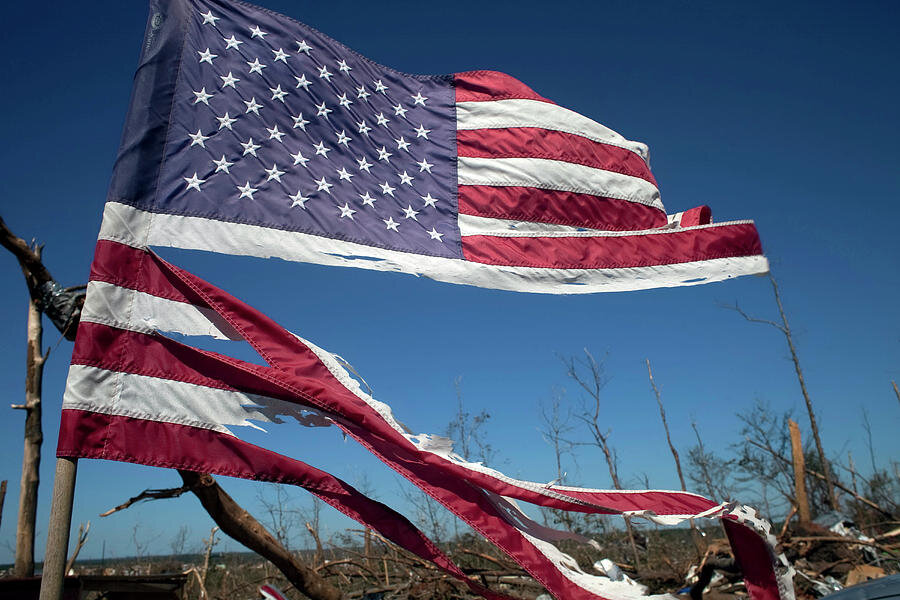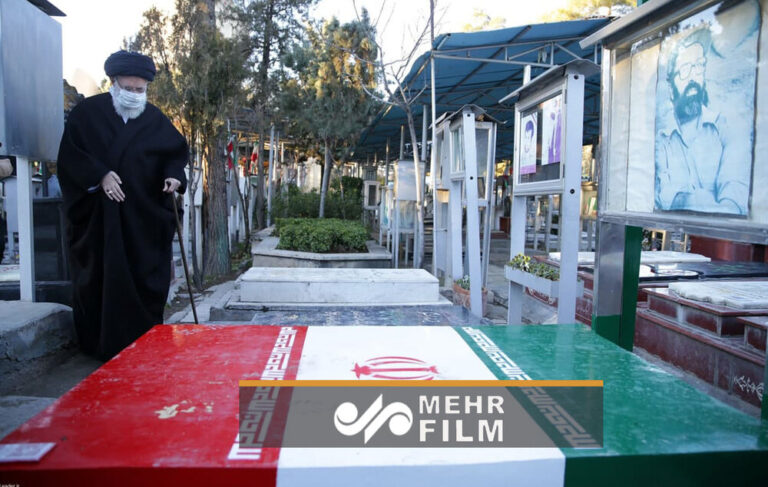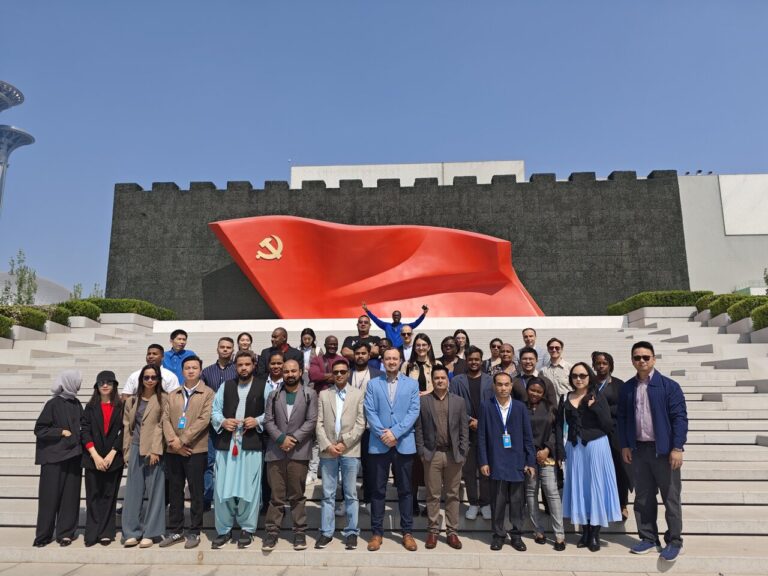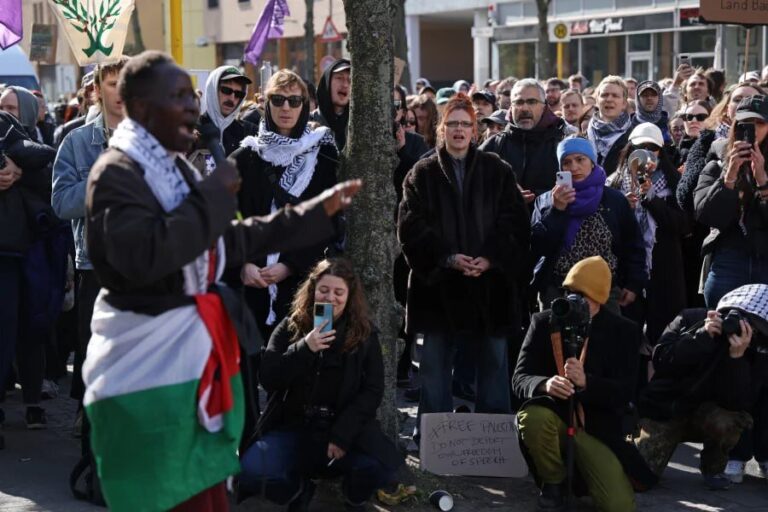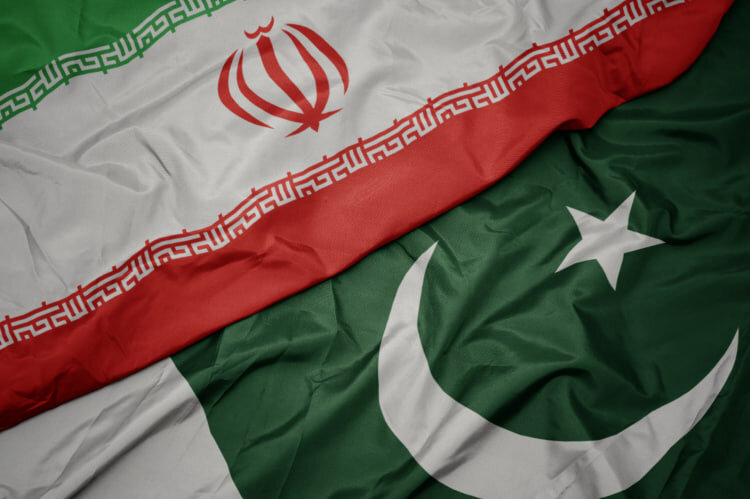US Exits UN Human Rights Council: What This Means for Global Advocacy
In a significant political move, former President Trump signed an executive order aimed at redefining the United States’ relationship with the United Nations. This decision comes amidst ongoing tensions in the Middle East, specifically the recent ceasefire between Israel and Hamas after a prolonged conflict in Gaza. The situation has resulted in the tragic loss of over 47,300 lives, predominantly women and children, highlighting the urgent need for a resolution in the region.
The ceasefire was established after Israel’s military objectives were not met, which included:
- Freeing prisoners held by Hamas
- Eliminating the resistance in Gaza
- Forcing the displacement of Gaza’s population to Egypt
As a result, hundreds of thousands of displaced Palestinians have begun to return to the northern regions of the Gaza Strip, seeking to rebuild their lives after the devastating conflict.
During a recent meeting in the Oval Office with Israeli Prime Minister Benjamin Netanyahu, Trump’s aide presented the executive measures aimed at reducing U.S. participation in international bodies perceived as biased against America. The aide stated, “Next up, in light of numerous actions taken by a number of bodies of the United Nations which exhibited deep anti-American bias, we have an executive order prepared for your attention that would withdraw the United States from the U.N. Human Rights Council.”
Furthermore, the aide disclosed intentions to withdraw from the United Nations Relief and Works Agency (UNRWA), which supports Palestinian refugees, and to reassess U.S. involvement in UNESCO, emphasizing perceived biases against the U.S.
“More generally, the executive order calls for a review of American involvement and funding in the UN in light of the wild disparities in levels of funding among different countries that, as you’ve expressed previously, is deeply unfair to the United States,” the aide concluded before presenting the order for Trump’s signature.
After signing the executive order, Trump expressed his views on the UN, stating, “So I’ve always felt that the UN has tremendous potential. It’s not living up to that potential right now. It really isn’t and has been for a long time. It has—there are great hopes for it, but it’s not being well run, to be honest, and not doing the job. A lot of these conflicts that we’re working on should be settled, or at least we should have some help in settling them.”
In a controversial statement, Trump suggested that Palestinians would “love” to leave Gaza if given the option. He remarked, “I would think that they would be thrilled” to have the opportunity to relocate from their current situation.
This executive order and its implications raise critical questions regarding U.S. foreign policy and its approach to longstanding international conflicts. As the situation in Gaza evolves, the international community watches closely to see how these decisions will impact both regional stability and humanitarian efforts.
In summary, Trump’s recent actions reflect a broader strategy to reassess U.S. involvement in international organizations and to address concerns about perceived biases against America. The ongoing humanitarian crisis in Gaza underscores the importance of constructive dialogue and collaboration to foster peace and security in the region.
As global attention remains focused on the Middle East, the implications of these developments could have far-reaching consequences for both U.S. foreign relations and the lives of those affected by the conflict.
It is crucial to monitor the evolving dynamics as displaced Palestinians seek to return home and as international bodies reassess their roles and responsibilities in addressing the pressing humanitarian needs in Gaza.
